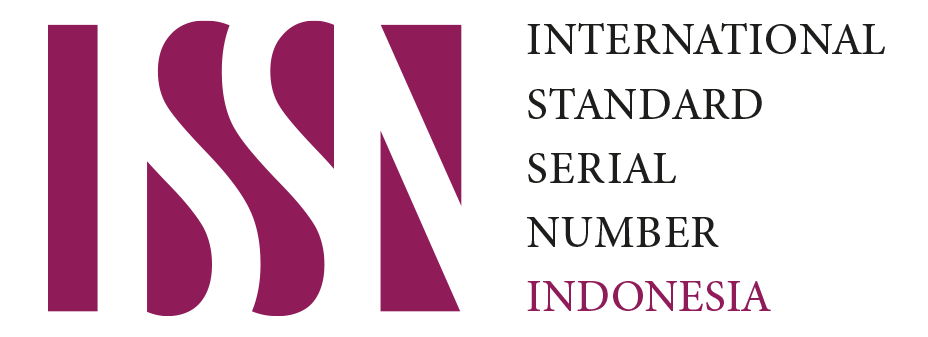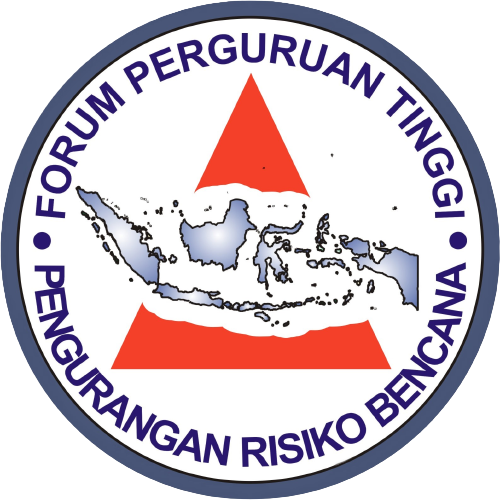STRATEGI PENGEMBANGAN EKOWISATA MELALUI KONSEP COMMUNITY BASED TOURISM (CBT) DALAM UPAYA MENINGKATKAN PEREKONOMIAN MASYARAKAT (STUDI KASUS: DESA PENDEM, KECAMATAN MOJOGEDANG)
DOI:
https://doi.org/10.20961/ijed.v3i1.1088Keywords:
Land suitability, Object, Ecotourism DevelopmentAbstract
Pendem Village is one of the villages in Mojogedang District, Karangnyar Regency which is rich in potential natural resources that can be used as tourist areas Ecotourism is one of the activities in sustainable tourism that utilizes tourism activities to develop environmental conservation through education and changes in community behavior. The research method used in this study is a quantitative method with a descriptive approach. The data collection used in this study was field observation and interviews. The results in the study show the level of land suitability of all ecotourism objects in Pendem Village is included in the Quite Suitable (S2) class. The community-based ecotourism potential assessment in Pendem Village is divided into 2 classes, namely Sendang Bulu is included in the Very Potential class while Toya Wening, Jamu Education, Biogas Education and Bukit Penthuk are included in the potential class. The community-based ecotourism development strategy using SWOT analysis of 5 ecotourism objects obtained by S-T (Strengths-Threats) is suitable to be applied to Sendang Bulu and Toya Wening Objects, because both objects are potential objects but require efforts by diversifying strategies in facing future challenges. The S-O (Strength-Opportunities) strategy is suitable to be applied to the objects of Herbal Medicine Education and Biogas Education. While the other object, Penthuk Hill, is suitable to apply the W-O (Weaknesses-Opportunities) strategy, because the object is lacking in terms of facilities and infrastructure such as improving road conditions.
References
Aldrich, H. E., & Wiedenmayer, G. (2019). From traits to rates: An ecological perspective on organizational foundings. In Advances in Entrepreneurship, Firm Emergence and Growth (Vol. 21, Issue January 1993). https://doi.org/10.1108/S1074- 754020190000021010
Damanik J. (2013). Pariwisata Indonesia: antara peluang dan tantangan. Pustaka Palajar.
INDECON. (2008). Rancangan Standarisasi Pengembangan Community Based Ecotourism (CBE). Makalah Konvensi Wisata Hasil Kerjasama ECEAT (European Centre for Ecotourism and Agricultural Tourism) Dengan INDECON.
Maak, C. S., Prudensiana, M., Muga, L., Kiak, N. T., & Nusa Cendana, U. (2022). Strategi Pengembangan Ekowisata Terhadap Ekonomi Lokal Pada Desa Wisata Fatumnasi. OECONOMICUS Journal of Economics, 6(2).
Purwanto, S., Syaufina, L., & Gunawan, A. (2014). Study of Potential and Carrying Capacity of Bukit Kelam Natural Tourism Park for Ecotourism Development Strategy. Journal of Natural Resources and Environmental Management, 4(2), 119– 125. https://doi.org/10.19081/jpsl.2014.4.2.119
Rangkuti. (2015). Analisis SWOT: Teknik Membedah Kasus Bisnis. PT Gramedia Pustaka Utama.
Yulianda, F. (2007). Ekowisata bahari sebagai alternatif pemanfaatan sumber daya pesisir berbasis konservasi.
Downloads
Published
Issue
Section
License
Copyright (c) 2024 Indonesian Journal of Environment and Disaster

This work is licensed under a Creative Commons Attribution 4.0 International License.






